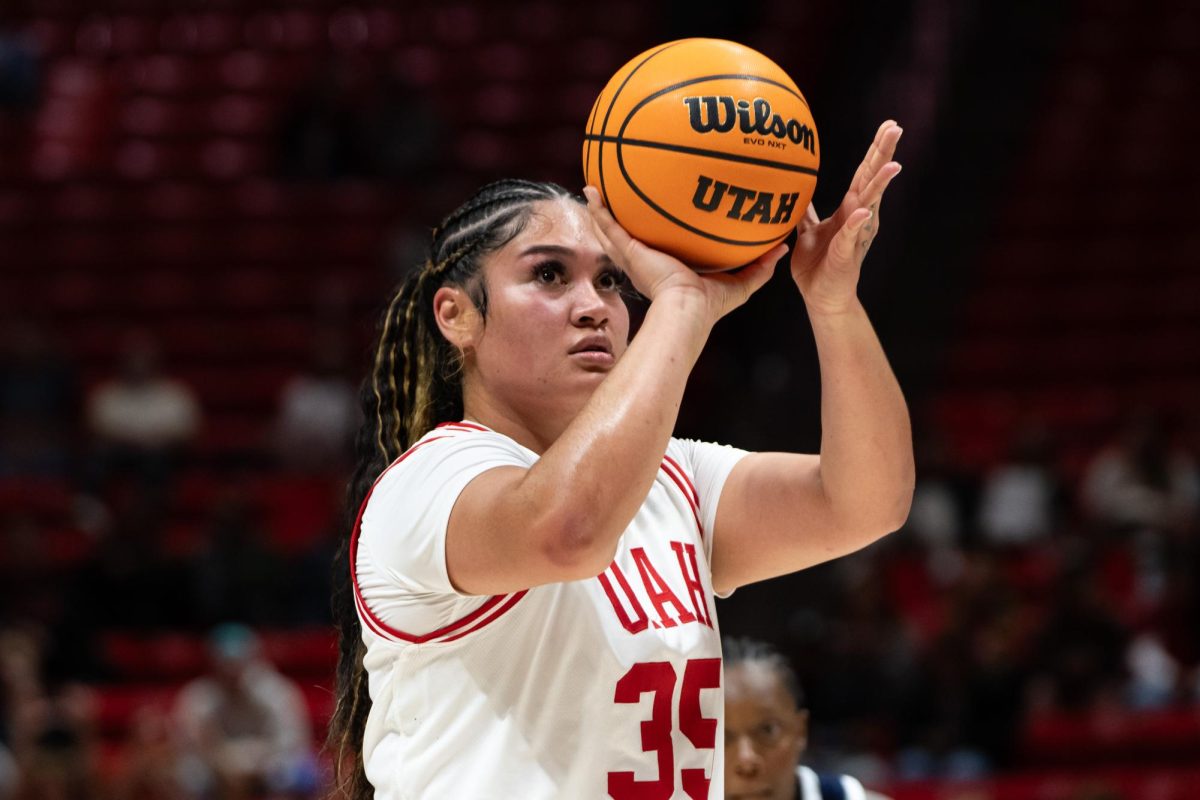Not only has your grandmother baked you cookies and supported your endeavors, but she may be the reason you are in a relationship.
For anthropologist and distinguished U professor Kristen Hawkes, studying this “grandmothering” theory began in the 1980s with her partners Nicholas Blurton-Jones, professor emeritus of anthropology at UCLA, and Jim O’Connell, retired anthropologist at the U. The theory strongly suggests that a big part of human evolution is due to grandmothers and may be present in our interactions today, including how we meet and stay with life partners.
“We’re all products of our evolutionary history,” Hawkes said. “Understanding that is the foundation for understanding ourselves and how we respond to the choices we all face.”
Hawkes and her partners have compiled their research from observing the interactions of grandmothers, mothers and babies among the Hadza foragers of northern Tanzania.
“The ‘grandmothering’ label refers to the hypothesis that we are products of communities that favored increased longevity and postmenopausal lifespans,” she said, “rather than communities that had a lifespan closer to that of great apes.”
In other words, humans choosing a significant other and reproducing with them occurs before women go through menopause. In the days when men hunted and women gathered, like the Hazda foragers do, marrying a young woman was necessary to pass on your genetic makeup to children.
For Hawkes, grandmothers come in to the equation to care for children while the parents worked and during a mother’s nursing of a newborn. Due to this, she said, coupling may have become a common practice and increased the length of fertility in females (as well as their general lifespan). In essence, grandmothers being around to care for children allowed their daughters to produce more kids.
The research involved with the “grandmothering” hypothesis has required a series of simulations. Hawkes and her team ran computer models to work back in time. They used numbers and sex ratios to show that those alive today are a potential product of their theory.
Maggie Adams, a sophomore in communication, finds the research fascinating.
“This study is interesting to me,” Adams said. “I would like to see more information about it because I find it relatable.”
Adams, who is currently single, said her own grandmother has a heavy presence in her life. She thinks the “grandmothering” hypothesis relates to her own situation, as her grandmother cared for her at times and taught her valuable life lessons.
@chriswritine











